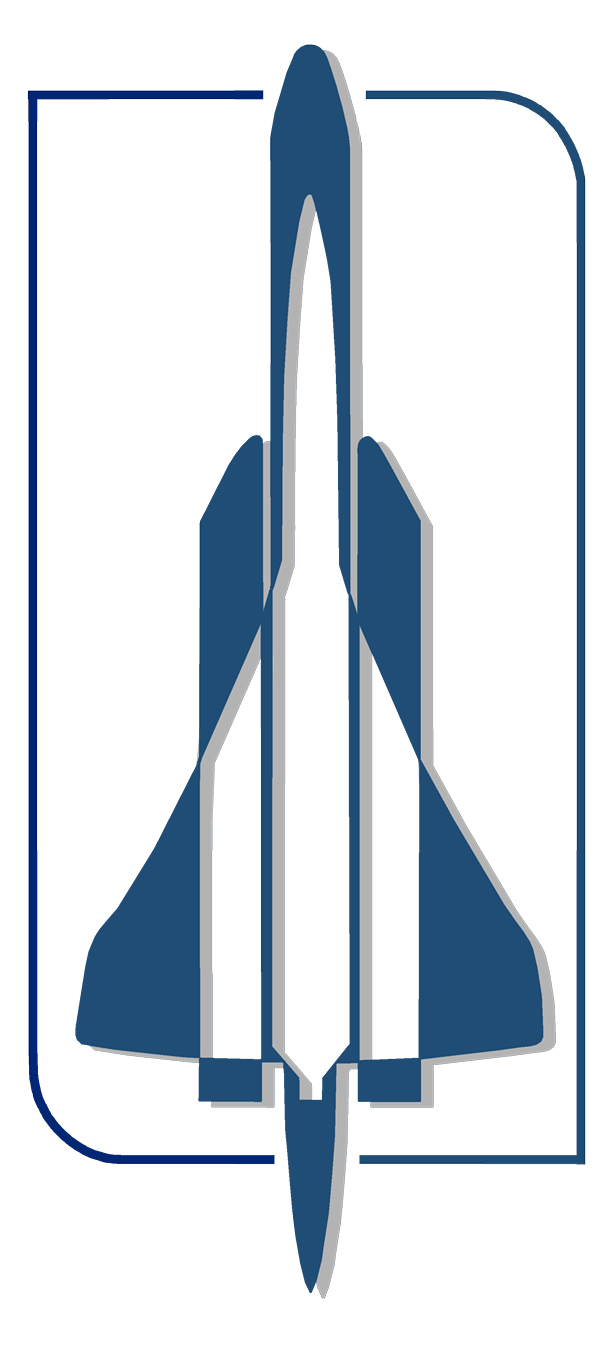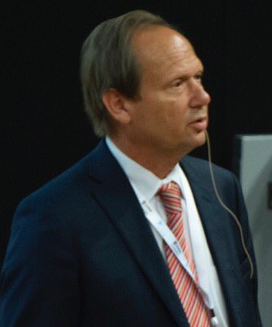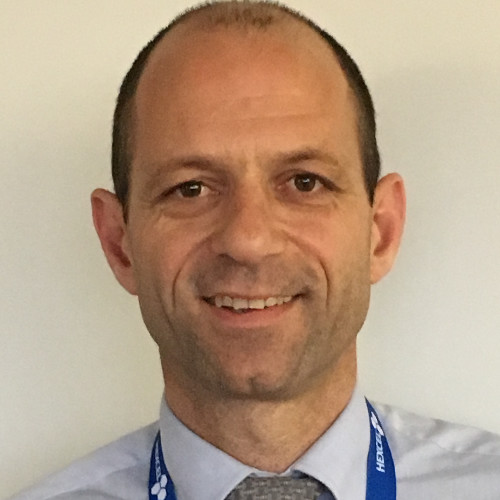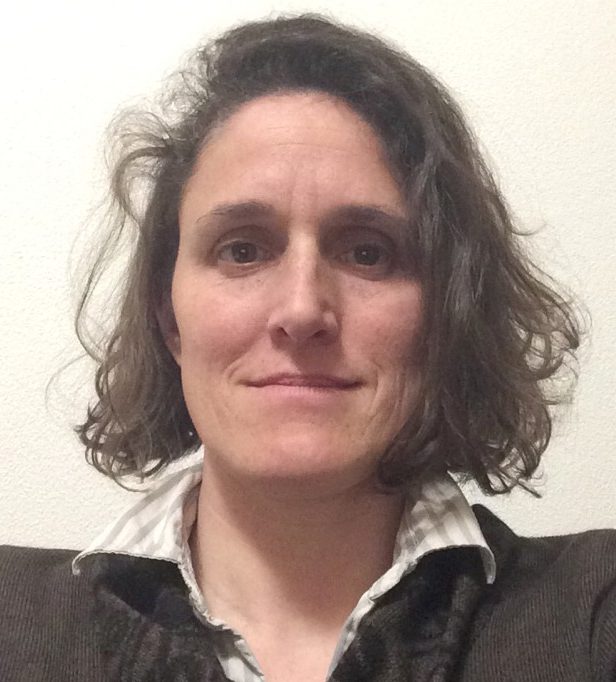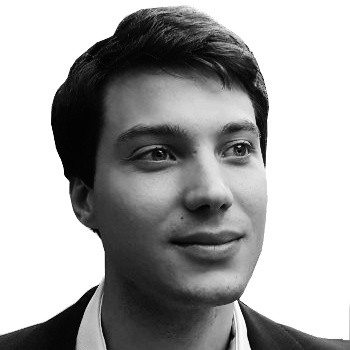SUPAERO Junior Conseil Alumni
The J.E. of ISAE-SUPAERO is supported by a community of alumni
ACTIVE
Our alumni meet 4 times a year in Toulous or Paris during our winter, spring, summer and autumn afterworks. They volunteer for our "Alumni Pathways" events on a regular basis, helping our students and other students at ISAE-SUPAERO understand the breadth of opportunities their degree offer them.
DIVERSE
Our alumni have built careers that are as prestigious as they are varied. Some of our alumni are researchers; other work for large strategy counsulting firms or in industry. Some have even ventured into entrepreneurship and the banking industry.
INTERNATIONAL
Our alumni can be found all over the world - France, Africa, United States, Asia and even Australia. Like our alumni, SUPAERO Junior Conseil is also looking internationally.
1979
FOUNDING OF THE J.E.
> 250
ALUMNI SINCE ITS FOUNDING
> 50%
REMAIN ACTIVE IN THE J.E. MOVEMENT
What memories do you have of your time at ISAE-SUPAERO?
I have fond memories of this period, both for the variety and the level of education and for the quality of the professors - I was captivated by my professors in my flight mechanics and automation courses, for example. At the time, I did not fully appreciate how lucky I was, but I know now that it is thanks to this education that I developed a systems mindset and an openness that benefitted me well in life.
During a time when young engineers tended to be more specialised, I realised later how valuable the multidisciplinary aspect of my education was. I also remember a rich student life both within and outside the school - 3 intense but formative years.
Could you tell us more about your professional career?
I started by doing an extended VSNA (similar to a VIE, Ed.) in the United States, where my job was to put the DATAR, Délégation interministérielle à l’Aménagement du Territoire et à l’Attractivité Régionale (“Inter-Ministerial Delegation for Land Management and Regional Attractiveness”), in contact with American industrial investors.
Having further specialised in artificial intelligence at SupTelecom (1981-1982) after my degree at ISAE-SUPAERO, I joined Framentec (a subsidiary of Framatome, which became Areva, then Orano, Ed.) in 1986, specialising in the development of expert systems, where I worked as a R&D project manager.
In 1988, I then joined the European Space Agency, first in the field of AI, then simulation, then as a satellite systems engineer (ENVISAT), before finally joining the International Space Station program in 1997. Here, I was first sent as a liasion engineer to NASA, then appointed as the manager for the development and later management of the European ground segment program until 2019, when I decided to retire after a 30-year career, which, while difficult at times, was very exciting.
What obstacles did you overcome when you founded the J.E. in 1979?
As co-founder, the J.E. was initially born out of the desire to confront real problems that companies around us faced, no doubt also to find our place there.
It was difficult starting out since nothing like this had been done before. I still have fond memories of it - my first personal project taught me what it meant to really want something.
What is your advice for a student who is thinking about joining the J.E.?
To a student who is thinking about joining the JE, I would tell them two things: first, working on real problems that companies face today is a very enlightening and rewarding opportunity, but second, it is still important to manage your time - remember to make the most of your education at ISAE-SUPAERO, after all.
Interview conducted by François-Iliès DAMOUR, VP Business Development 2017, May 2020; Translation by Tran-Vu NONG, International Manager 2021, August 2021
What memories do you have of your time at ISAE-SUPAERO?
I have fond memories of my three years at ISAE-SUPAERO. It was a lot of studying (sometimes too much), but the education was of high quality and very varied.
The campus life was nice, a little too far from the city centre for my liking, but the student life in Toulouse was still close and full of energy!
Double degrees abroad were not the norm at the time and I had to fight to continue my studies in the United States. I was able to do a ton of things thanks to the two years I spent in Los Angeles.
Could you tell us more about your professional career?
I decided to join Thales to work on computer science, a bit by chance, since I was counting on joining Arthur Anderson or a similar firm instead. After a couple of years working in technical positions, I decided to move into management where I worked in several positions.
Afterwards, I wanted to innovate the services sector by creating a Services Business Unit, central to Thales, which would be responsible for major outsourcing contracts regarding aircraft operations, maintenance, training, etc.
Following the end of this strategy, I joined the space division where I developed the same approach for Syracuse (a telecommunication system by satellite), then for Earth observation.
Since 2015, I’ve launched the financing for the Stratobus project (a stratospheric airship). I’m continuing to work on this today, as well as on client relations.
What obstacles did you overcome when you founded the J.E. in 1979?
Founding a Junior-Enterprise within an engineering school in 1979 was no small task.
The first step was to get the school’s administration to understand and accept our entrepreneurial process. We then had to convince the school’s management that our investment in the Junior-Enterprise would not negatively impact our grades.
What is your advice for a student who is thinking about joining the J.E.?
Entrepreneurship is a skill that absolutely must be developed when one comes from a curriculum as “standardising” as those from the preparatory classes (“classes préparatoires”) and the “Grande Écoles”.
Within the J.E., you learn everything that they don’t teach you in school: it’s fundamental!
Interview conducted by Hugo WEIDMANN, President SJC 2018, May 2020; Translation by Tran-Vu NONG, International Manager 2021, September 2021
What memories do you have of your time at ISAE-SUPAERO?
I remember having a wide variety of courses - both in content and format - that put us right in the heart of the engineering profession. The campus and the school offered a wide and diverse range of extracurricular activities, in which we could get involved to varying degrees, from being a simple member to being the president of the association. The school was also very close to the industry through projects, internships, partnerships, or the Junior-Enterprise.
Could you tell us more about your professional career?
I had always wanted to work in a factory, so I turned down a position in flight testing at a missile systems company and ended up working as a Production Methods engineer at an automotive supplier that had the good idea of inventing the airbag. There, I carried out tasks as varied as directing a product launch, selling production lines abroad, and managing a factory. I experienced first-hand the transformation of this company, Autoliv, from a European medium-sized company with 3,000 employees to an international group with 50,000.
The aeronautics industry caught up with me again, at Aerolia and then Stelia Aerospace, where I had some great adventures - first in Operations, then in setting up a factory in the United Arab Emirates, then finally in managing the Aerostructures program.
Today, as the Director of Airbus Programs at Hexcel, I lead a team which coordinates projects to improve the performance of our current and future contracts with the Airbus group.
What is your advice for a student who is thinking about joining the J.E.?
Go for it! It’s an exciting experience that allows you to discover many facets of the business world: customer relations, legal matters, finance, technical project management, and teamwork.
You’ll learn a lot on a personal level, meet great people in the companies you’ll work with, and - together with the students who carry out the work - contribute to the reputation of the school.
Interview conducted by Hugo WEIDMANN, President SJC 2018, May 2020; Translation by Tran-Vu NONG, International Manager 2021, September 2021
What memories do you have of your time at ISAE-SUPAERO?
My years studying at ISAE-SUPAERO were extremely enriching.
These years were marked by the diversity of the courses we attended and by the wonderful encounters I made at ISAE-SUPAERO.
Could you tell us more about your professional career?
I joined Sagem, which became Safran after the merger with Snecma, to supervise drone flights. This experience allowed me to discover navigation systems and their inertial sensors. I also had the opportunity to put continuous improvement methods into practice.
Since 2017, I have returned to the Safran drones team for the industrialisation of the Patroller UAV as an Industrial Unit Manager.
What is your advice for a student who is thinking about joining the J.E.?
First of all, being part of a Junior-Enterprise allows you to discover the active management of an association, which is really nice. The strong link between companies and students within SUPAERO Junior Conseil in particular is very motivating. It is also an opportunity to acquire new skills in marketing, accounting, and communications, for example.
Of course, joining a Junior-Enterprise is an opportunity to meet people professionally, but also to have fun!
Interview conducted by François-Iliès DAMOUR, VP Commercial SJC 2017, May 2020; Translation by Tran-Vu NONG, International Manager 2021, September 2021
What memories do you have of your time at ISAE-SUPAERO?
I entered ISAE-SUPAERO 10 years ago, and I still have excellent memories of it. First, from a purely academic point of view, ISAE-SUPAERO stands out due to the quality of its core curriculum, which was longer, more complete and more versatile than what was offered by other engineering schools. Next, from an extracurricular point of view, I had the opportunity to obtain my private pilot’s license, to go paragliding, climbing, tennis, etc. Finally, on a personal level, the bonds I created with the rest of my class last a lifetime! For me, ISAE-SUPAERO was one of the most intense and enriching periods of my life. These two years went by very quickly!
Could you tell us more about your professional career?
After my 2nd year at ISAE-SUPAERO, I continued my studies with a double degree at Georgia Tech in the Master in Aerospace Engineering program. I had every intention of returning to France after one year and continuing my career in the Toulouse region.
Finally, I came to the conclusion that it would be interesting to start a career in the United States to make the most of my American degree. At the beginning of 2014, I realised that the aerospace industry on the other side of the Atlantic was reserved for American citizens for national security reasons. At the same time, I had the opportunity to do a summer internship at Bank of America in Atlanta in their Corporate Investment Group. I was then contacted again to join the team full-time, and so I started my career at Bank of America at the beginning of 2015.
After a short-term assignment in the London office, at the beginning of 2018, having recently been promoted, I hesitated between continuing in the finance industry or in a large tech group. I decided to join Goldman Sachs in New York in my current position. I am what you call a “desk strat” - i.e., a “quant” (quantitative analyst) who works at a trading desk together with traders. My desk is the Treasury Desk. Our mission is two-fold: on one hand, we are responsible for financing all the company’s activities and redeploying the funds raised to Goldman Sachs’ other business units. On the other hand, we consolidate all of our credit, funding, and interest rate delta risk at our desk. We hedge this risk in order to limit the impact of market movements on our assets and liabilities. Every day, there is a lot of math, programming, and interactions around the world: Hong Kong, Bangalore, London, Tokyo… Contrary to popular belief, the corporate culture is excellent, with a very present “hive mindset”.
What is your advice for a student who is thinking about joining the J.E.?
I think that the J.E. is an excellent opportunity to start rubbing shoulders with corporate life. The size of the association is such that it is easy to have more interactions with clients and to have a global view on managing a business. Even though I now work for a large company, the entrepreneurial mindset that I developed at the J.E. has always been an essential asset in my career. People who are entrepreneurial, creative, and think outside the box are those who drive a company forward. In the end, they are also the ones who have the most fun!
Interview conducted by François-Iliès DAMOUR, VP Commercial SJC 2017, April 2020; Translation by Tran-Vu NONG, International Manager 2021, September 2021
What memories do you have of your time at ISAE-SUPAERO?
During my studies at ISAE-SUPAERO, I remember that the field of possibilities was enormous, whether it was from an academic, extracurricular, or athletic point of view. What seems most important to me is not to fall into the trap of doing as many things as possible. On the contrary, in my opinion, you have to fully invest yourself in a select few activities; this allowed me to have an important impact within the projects I was part of.
Could you tell us more about your professional career?
Thanks to ISAE-SUPAERO, I had the opportunity to study at two other schools: École Polytechnique and the University of Berkeley in California. I have worked in multiple industries, from telecoms to naval to facility management. These experiences made me realise that many companies failed to the make the most of the digital revolution. That is why I decided to start a data and digital consulting firm based in Frankfurt, Germany immediately after my studies.
What is your advice for a student who is thinking about joining the J.E.?
It’s a real entrepreneurship lab!
From an operational, legal, and financial point of view, SUPAERO Junior Conseil is one of the only associations which does not depend on funding from the school. This creates enormous opportunities with lots of freedom for the members who are in charge of running it. It allows for trying out many new things, being innovative, gaining maturity, and investing in projects that are truly important.
Interview conducted by François-Iliès DAMOUR, VP Commercial SJC 2017, March 2020; Translation by Tran-Vu NONG, International Manager 2021, September 2021


